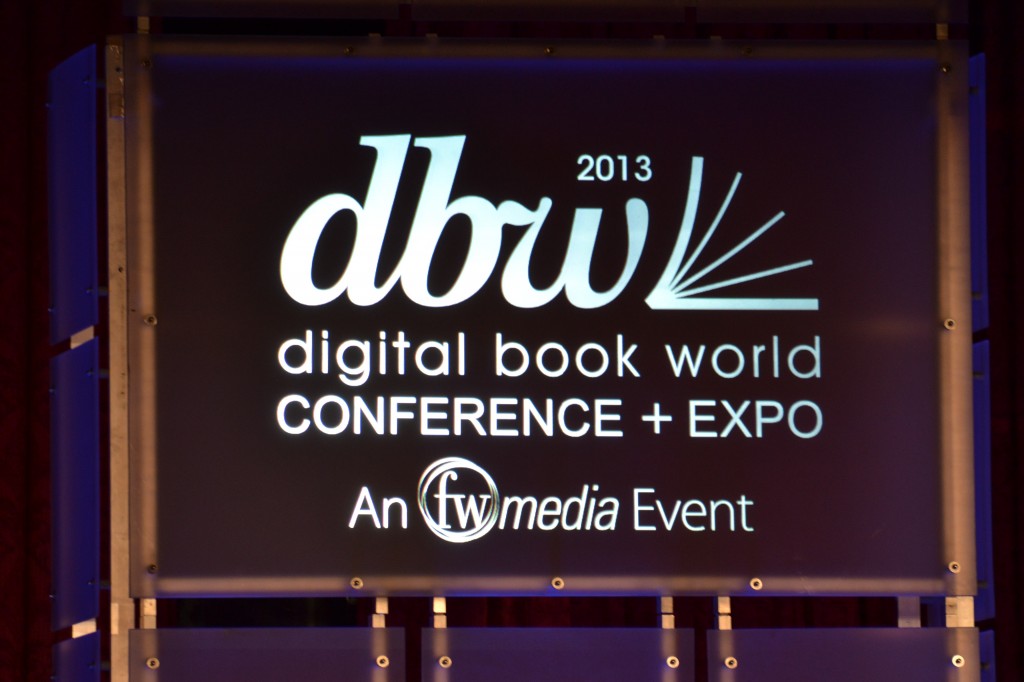
First, let me say that it’s hard to give an unbiased comment on DBW. That’s because I have been going to it since it started, and on top of that I’ve also been going to Tools of Change and NAPCO’s digital shows as well. This means that what may be new and exciting for someone attending for the first time might be old and boring for me. I hope I can be fair in my comments.
As usual with these shows, the organizers confuse quantity with quality. So many presentations are jammed into the morning sessions that there is no time to go into the details of any of the subjects of the talks. I heard many attendees complaining that there should be fewer, and longer, morning presentations so that they could actually learn something from the presenters. The workshops, however, were very well done and seemed to be very well received by all attendees.
A couple of things stood out this year. Digital Book World is trying to present more and more data to the audience—more surveys, more studies, etc. This increase in data gathering and presentation is a welcome change and is genuinely useful to the industry and was the best part of the conference. Unfortunately, the data is often presented by the data-gatherers, who won’t comment or speculate on what the numbers mean. The people I talked to, however, thought that the data presentations, while sightly flawed, were the best part of the event. It is also fascinating to see the rise of interest in children’s books, both in presentations and data gathering. This is something new under the sun and it will be fun to follow it in the future. The inclusion of a library workshop was also a good thing, and there should be more of it in the future. Libraries are an emerging battleground in the ebook market and it is time to place more focus on them. Self-publishing is also starting to make a breakthrough into the sessions and more detailed analysis and commentary on this phenomenon would be useful to the audience.
Finally, from the historical perspective, it is fascinating to me to see the shift in attitude of the major publishers as they appear in these events. When this whole event-race started there was a noticeable arrogance in the attitude of the publishers who were presenters. They said “the right things” in their presentations, but it was clear to the audience that they were really unhappy with the whole subject and sort of wished they weren’t there and that ebooks would go away. This was especially apparent in the attitude of the higher level presenters. Publishers are not too happy, still, but it is clear that they are now beginning to embrace ebooks and are beginning to see them as an opportunity instead of a millstone. There is still a ways to go but it is quite a change in 3, or so, years. Finally, the show is clearly oriented around publishers and not too interested in authors, be they traditionally or self published. The discussion around self-publishing was primarily targeted on what this means to publishers. This may be inevitable, however, as these shows are expensive to attend and only people in the publishing industry, funded by their employers, can afford them. For an author there is very little value here. I wonder if there is any market for an author-oriented show at an affordable price. Economics may say no.

